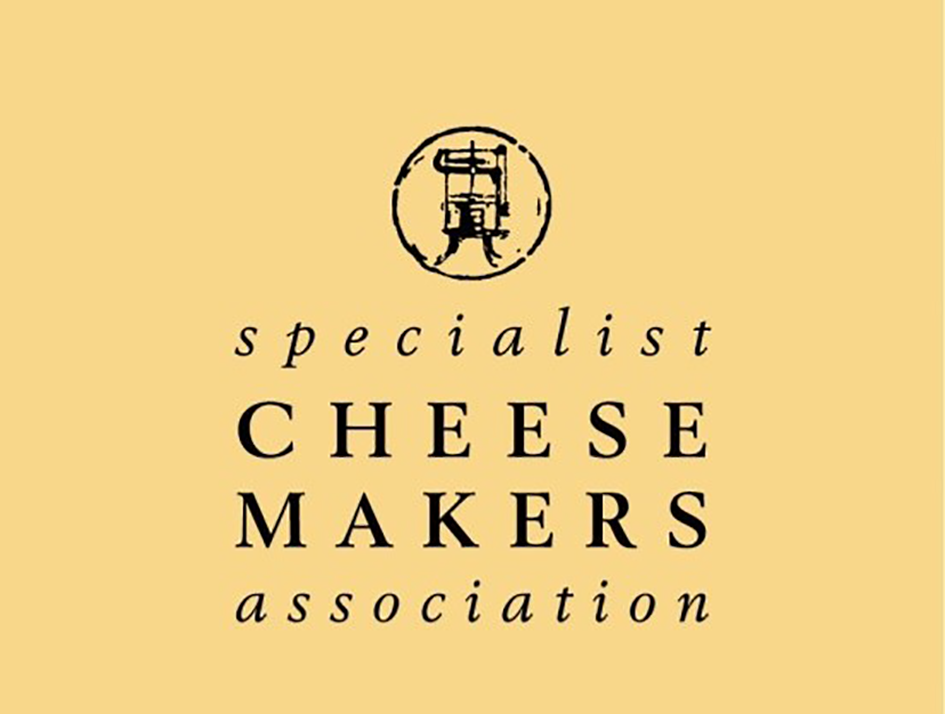
Buying Cheese
This page is here to guide you through everything that surrounds cheese. What to you want to know?
We think there’s nothing more enjoyable than the taste of artisan cheese and we want to share our enthusiasm with everyone. When you buy cheese online from Paxton & Whitfield, you can be assured you’re getting the very best in British and Continental cheese made by master cheesemakers. You can browse our cheese counter online to find the very best of your favourite cheeses, or take the opportunity to try a new variety, perhaps with one of our cheese board selections.
We specialise in artisan cheeses. Artisan cheese is generally made on a very small scale, using milk from a limited number of local farms, or optimally, solely from the farm on which the cheese is produced. It should be made with very little mechanisation, relying on the knowledge and skill of the cheesemaker who can understand the subtle changes within the milk that occur from day to day. Cheese made on a more industrial scale, although often good, lacks the subtlety, variation and character of an artisan cheese.
Cheese can be categorised in a number of ways. At Paxton & Whitfield, we categorise according to style: hard, soft, blue and washed rind to make it easier for our customers to find the cheese they like.
Milk type
Milk type is one of the most commonly used methods of choosing a cheese. Cows’ milk cheeses are the most abundant, but are now accompanied by a plethora of fine goat, sheep and buffalo cheeses which are made in any style. Every milk has its own strong characteristics in terms of flavour profile and fat content which when put together, can create an exciting and diverse cheeseboard.
Milk composition analysis, per 100 grams
|
Constituents |
Unit |
Cow |
Goat |
Sheep |
Water Buffalo |
|
Water |
g |
87.8 |
88.9 |
83 |
81.1 |
|
Protein |
g |
3.2 |
3.1 |
5.4 |
4.5 |
|
Fat |
g |
3.9 |
3.5 |
6 |
8 |
|
Energy |
kcal |
66 |
60 |
95 |
110 |
Country of Origin
Another good way to select cheese is to consider the country of origin, especially as the number of countries making good cheese and exporting to the UK is on the increase.
The UK itself is now one of the top cheese producing countries in the world, actually making more varieties of cheese than France. When you browse our range, you’ll see our individual dual cheese descriptions specify not only the country of origin, but also the region in which the cheese was made.
Pasteurisation
Pasteurisation does not have to be a decisive indicator for many people of the cheeses they choose, as it is possible to get very good examples of both pasteurised and unpasteurised. However, the purist sense of an ‘artisan cheese’ is that the milk used should be raw, i.e. unpasteurised as the process of pasteurisation can destroy many elements of the milk which give a cheese complexity and superior flavour. Unpasteurised cheeses should not be considered unsafe as the careful selection of farms, hygienic milking practices and adherence to enforced stringent Food Safety systems ensure that there are no pathogens in the milk, or that they are in sufficiently small quantities so as to pose no risk to the consumer. In addition, many of the aspects of cheesemaking naturally limit the ability of pathogens to multiply, such as acidity levels, drying, salting, and the effect of benign bacteria.
Vegetarian cheese
Rennet is what determines whether a cheese is classed as suitable for vegetarians. Rennet is a body of enzymes that coagulates milk to form curds and whey. Traditionally, rennet is produced from an extract from the lining of a calf’s stomach. This is a by-product and calves are not killed specifically for their rennet, but nonetheless, means that traditional rennet cheeses are not vegetarian. There is an enzyme commercially made to mimic the effect of rennet which is vegetarian, and this is used more and more in cheese making, most commonly in British cheese. Some people say that the taste of the vegetarian substitute can be slightly bitter, though we believe it is possible to find some fantastic cheeses that do not use traditional rennet.
Quality and authenticity
You will find that often we put the initials PDO or PGI next to a cheese name. This is because to protect a named food or drink against imitation throughout the EU, legislation has been introduced to protect these on a geographical or traditional recipe basis. It is similar to the familiar 'appellation controllee' system used for wine. The scheme highlights regional and traditional foods whose authenticity and origin can be guaranteed. We have introduced the scheme's logos, where applicable, to enable you to easily recognise the authenticity of the products you are buying. The following two titles appear on our website:

Protected Designation of Origin (PDO) Open to products which are produced, processed and prepared within a particular geographical area, and with features and characteristics which must be due to the geographical area. |

Protected Geographical Indication (PGI) Open to products which must be produced or processed or prepared within the geographical area and have a reputation, features or certain qualities attributable to that area. |
Please browse our range of artisan cheeses or get in touch – we’ll be happy to answer any questions about cheese. You may also like to read our article on How to Create the Perfect Cheeseboard.



